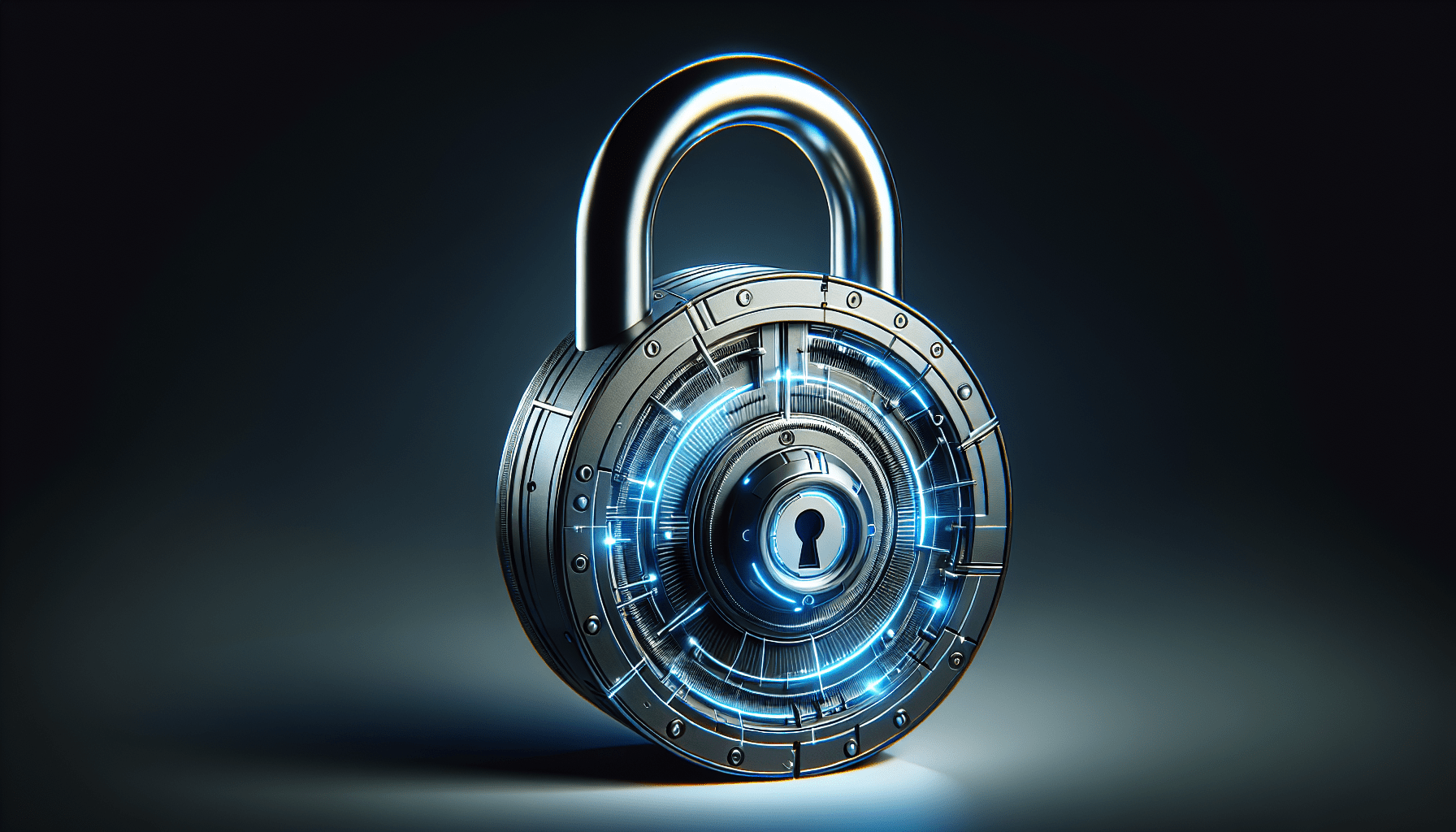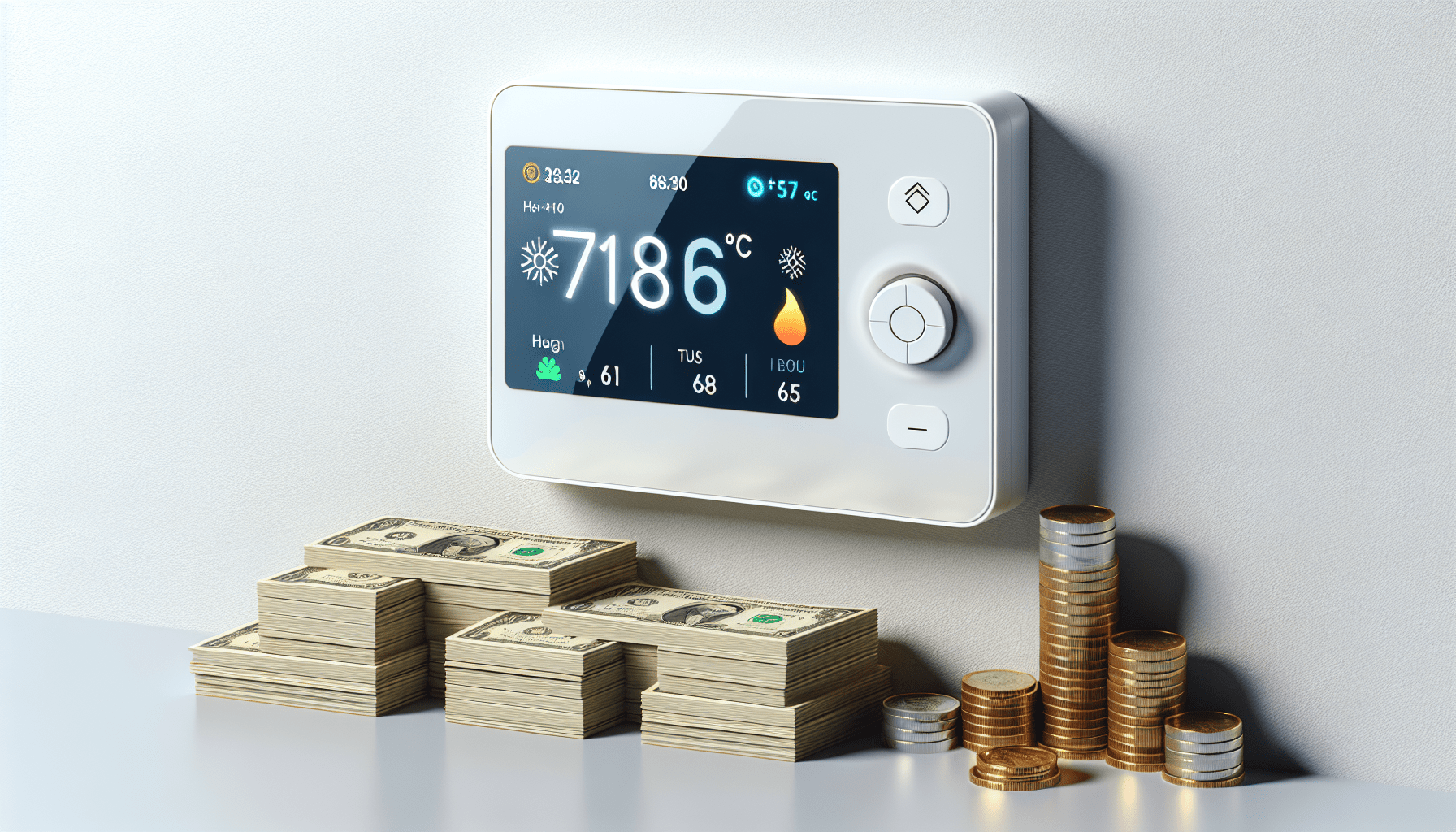Welcome to the fascinating world of smart homes! As you start to embrace the convenience and efficiency of connected devices in your home, it’s important to consider the potential privacy risks that come along with them. From data breaches to unauthorized access, there are several concerns to be aware of. But fear not! By following simple steps such as regularly updating your security settings, using strong passwords, and being mindful of what data you share, you can mitigate these risks and enjoy all the benefits that smart technology has to offer.
Exploring the Privacy Concerns of Smart Homes
Hey there! If you’re thinking about diving into the world of smart homes, you may have some concerns about privacy. And that’s totally normal! There are definitely some things to consider when it comes to the privacy of your personal information in a smart home environment. Let’s break it down together.
Data Security and Privacy Risks
One of the main concerns with smart homes is the potential for data security and privacy risks. When you connect your devices to the internet, they are constantly collecting data about your habits, preferences, and even your voice commands. This data is often stored and transmitted to third-party servers, which poses a risk of unauthorized access and potential data breaches.
Vulnerabilities to Hacking
Another major privacy concern with smart homes is the vulnerability to hacking. If your devices are not properly secured, hackers could potentially access your smart home network and gain control over your devices. This could lead to a breach of your personal information, unauthorized access to your home, and even physical security risks.
Third-Party Access
Many smart home devices and systems rely on third-party services to function properly. This means that your data is often being shared with these companies, which raises concerns about how that data is being used and protected. Third-party access to your information could lead to targeted advertisements, data selling, and potential privacy violations.
Lack of Transparency
One of the challenges with smart home devices is the lack of transparency surrounding data collection and usage. It can be difficult to know exactly what data is being collected, how it is being used, and who has access to it. This lack of transparency makes it hard for consumers to make informed decisions about their privacy and security.
Mitigating Privacy Concerns in Your Smart Home
Now that we’ve explored some of the privacy concerns with smart homes, let’s talk about how you can mitigate these risks and protect your personal information.
Secure Your Network
The first step in protecting your smart home privacy is to secure your network. Make sure to use strong and unique passwords for all of your devices and your Wi-Fi network. Consider setting up a separate network specifically for your smart home devices to minimize the risk of unauthorized access.
Keep Your Devices Updated
It’s important to keep all of your smart home devices updated with the latest security patches and firmware updates. Manufacturers often release updates to address vulnerabilities and improve security, so make sure to check for updates regularly and install them promptly.
Enable Two-Factor Authentication
Two-factor authentication adds an extra layer of security to your smart home devices by requiring a second form of verification in addition to your password. This can help prevent unauthorized access to your devices, even if your password is compromised.
Review Privacy Settings
Take the time to review the privacy settings of your smart home devices and applications. Many devices allow you to customize your privacy preferences, such as disabling data sharing with third parties or limiting the collection of certain types of data. Make sure to adjust these settings to suit your privacy preferences.
Limit Data Collection
Consider limiting the amount of data that your smart home devices collect about you. For example, you can disable voice recordings on smart speakers, turn off location tracking on smart cameras, and opt out of targeted advertisements on smart TVs. By controlling the data that is collected, you can reduce your privacy risks.
Monitor Device Activity
Keep an eye on the activity of your smart home devices to detect any unusual behavior that could indicate a security breach. Look out for unauthorized access attempts, unexpected changes in settings, or unusual data transfers. If you suspect a security incident, disconnect the affected device from your network immediately.
Use Secure Smart Home Platforms
When choosing smart home devices for your home, opt for reputable brands and platforms that prioritize security and privacy. Research the manufacturer’s privacy policies, security practices, and data encryption protocols before making a purchase. Investing in secure smart home platforms can help reduce your privacy risks.
Educate Yourself
Lastly, educate yourself about the privacy risks associated with smart homes and stay informed about best practices for protecting your personal information. Follow cybersecurity blogs, attend webinars, and seek advice from security professionals to enhance your knowledge and skills in smart home privacy. By staying informed, you can make informed decisions about your privacy and security.
In Conclusion
By taking proactive steps to secure your network, update your devices, customize privacy settings, and educate yourself about smart home privacy risks, you can enjoy the convenience of smart home technology without compromising your personal information. Remember, your privacy is in your hands. Stay safe and smart in your smart home journey!





